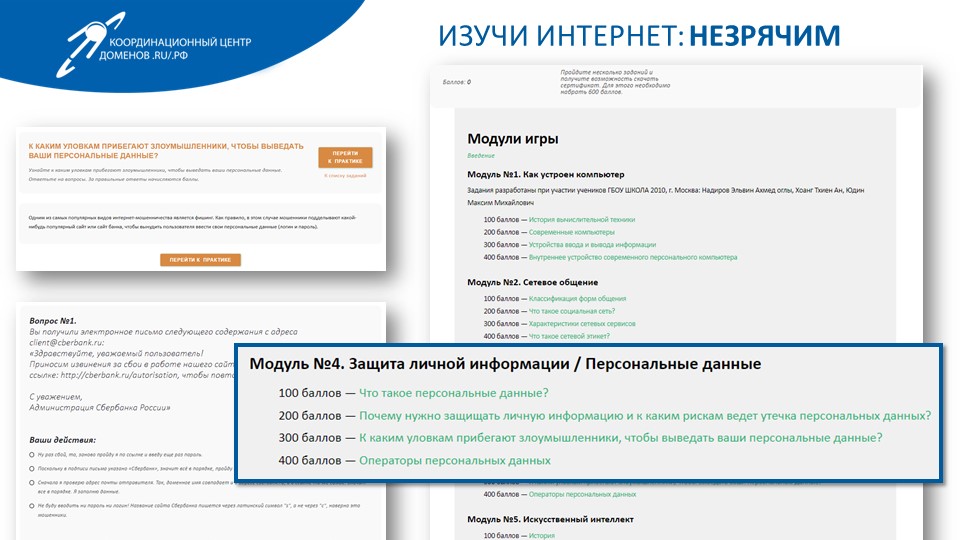On December 1, the Russian campaign #включайинклюзию (Embracing Inclusion) was launched, bringing together social entrepreneurs, NPOs, businesses, media, bloggers, activists, and visionaries to advocate for inclusion, accessibility, and universal design in our society. According to the Federal Register of People with Disabilities, there are approximately 10.4 million people with disabilities in Russia. The majority have general health conditions (71 percent), followed by 10 percent with visual impairments, 9 percent with musculoskeletal disorders, 8 percent with mental health conditions, and 2 percent with hearing impairments.
The campaign is dedicated to the International Day of Persons with Disabilities, observed annually on December 3. It was initiated by Everland, an inclusive CSR project that creates employment opportunities for people with disabilities and promotes their social inclusion. Everland brings together 2,000 individuals with various disabilities from Russia and other countries.
The Coordination Center for TLD .RU/.РФ has once again taken part in the campaign with the Explore the Internet & Govern It! project. Since 2022, the project’s portal has featured a game-based educational module designed specifically for visually impaired internet users, which has been recognized for its accessibility. The module, developed in line with the latest standards, is compatible with screen reader programs that convert text on web pages into speech. This module was created in collaboration with the Everland project.
It covers ten topics, including How a Computer Works, Network Communication, How the World Wide Web Works, Protection of Personal Information and Data, Artificial Intelligence, Big Data, Internet Culture, and Who Governs the Internet, among others. The number of topics and tasks is updated annually.

“The Coordination Center’s team is actively engaged in extensive educational initiatives to ensure that everyone in our country can use digital technologies safely and effectively in all aspects of their lives, whether in daily activities, for leisure, education, or work process automation. We firmly believe that the internet has become an essential tool in today’s world, and as such, it should be accessible to everyone. In an effort to stay relevant and show empathy for users with different abilities, we align our services and projects with standards that enable, for example, visually impaired and blind individuals to access them on an equal (or nearly equal) footing with others. A standout initiative has been the educational section Knowledge for the Blind in the Explore the Internet & Govern It! project, designed for children and teenagers. This section provides an interactive introduction to the structure of the Internet and digital technologies. Over the past two years, nearly 1,500 people have used it as a knowledge source and practiced their skills through hands-on assignments it offers,” Olga Yakovleva, Head of the Project Department at the Coordination Center for TLD .RU/.РФ, said.
We invite you to visit the VklyuchauInklyuziyu (Embracing Inclusion) website, where you can find information about the campaign, inclusive projects by its partners, and recommendations for communication in an inclusive society. The site also features the results of a study on the non-visual accessibility of websites and mobile applications, conducted in 2023-2024. The study highlights the challenges blind individuals face online and provides guidance to organizations on how to enhance the accessibility of their services for people with visual or motor impairments. (Spoiler: among the resources tested, the most accessible for blind individuals and those with motor impairments are the platforms of marketplaces and banking companies.)
“The services that benefit people with disabilities often prove to be convenient for all users,” the authors of the study said. “For instance, if a person lacks a mouse or its emulation, it’s crucial that the website still allows full navigation via the keyboard, just as people with motor impairments do. We continually emphasize that both non-visual and general accessibility are vital, not only for individuals with disabilities but for everyone. Any person can unexpectedly encounter communication limitations, whether temporary or permanent. A well-developed accessible environment helps ensure a greater sense of security for all.”
It is important to note that, in a broader sense, the term inclusion refers to engaging individuals belonging to vulnerable and marginalized groups – not only people with disabilities but also the elderly, those with limited mobility, individuals with injuries, or those from lower social statuses – in various public spheres. These include education, employment, sports, leisure activities, everyday life, and other areas.



